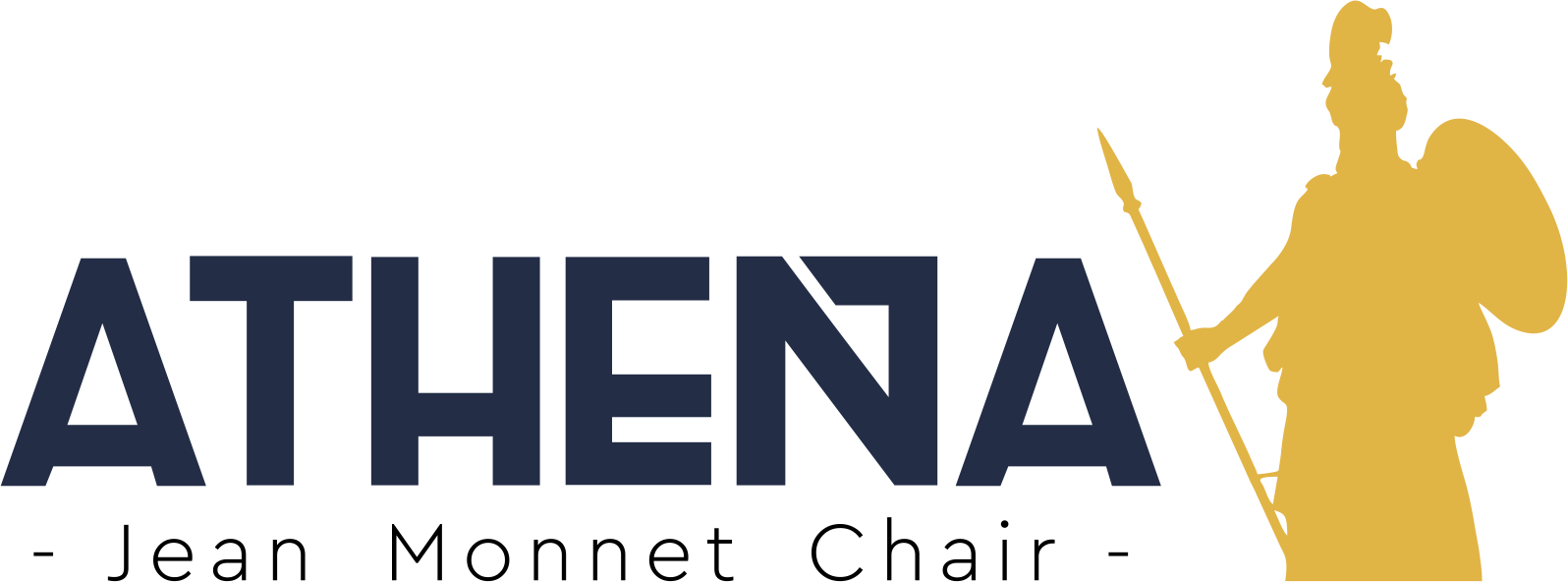The Introduction to European Politics and External Relations course provides students with an overview of the historical development of the process of European Integration and its impact on its External Relations. The first part of the course focuses on placing the European Union in the political context of the time, as well as historical context and discursive context. The second part of the course explores the main actors and policy-making procedures with regard to the EU’s External Relations. The third part of the course focuses on the main theories/perspectives on European Integration and External Relations and the different ways in which the EU may exercise or possess power abroad. The fourth part focuses on specific case studies and present-day discussions in the field of the EU’s external relations, specifically Migration, Cultural Diplomacy, Energy cooperation, and the European Neighbourhood Policy. These more policy-oriented and empirical discussions are linked to the theories discussed in the first part of the course, which helps students develop their own judgements on the applicability and sustainability of a theoretical argument. We will learn to evaluate theories and empirical case studies critically and also acknowledge strengths and limitations.


